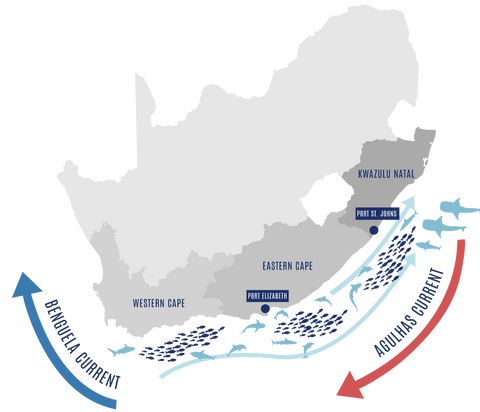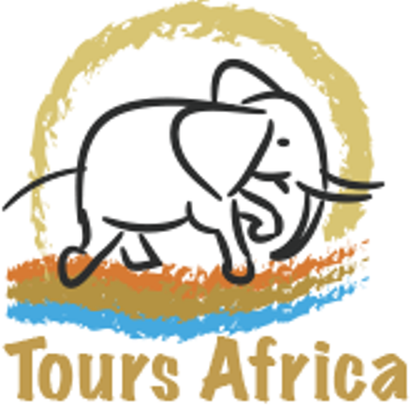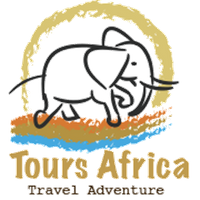
SARDINE RUN SOUTH AFRICA WHAT TO EXPECT AND WHAT YOU NEED TO KNOW. WHAT IS THE SARDINE RUN.
SARDINE RUN SOUTH AFRICA WHAT TO EXPECT AND WHAT YOU NEED TO KNOW.
WHAT IS THE SARDINE RUN.
The sardine or more specifically the Southern African pilchard, Sardinops sagax spawn in the temperate waters of off the Agulhas bank, which is the most Southerly tip of Africa. Every year between the months of May to July, billions of sardines migrate in a band of cooler counter current which passes close inshore up along the eastern coast of South Africa all the way to Kwa Zulu Natal's coast line. This migration, the sardine run as it is now commonly known, is thought to be a movement of fish that are driven north and pulled east by wind, seasonal currents and upwellings – dragging the fish up the coast, north to the Kwa Zulu coast line.


During this time of the year the Humpback whales migrate up the coast and they can be spotted daily, moving in pairs or small family groups. The Brydes whales really get involved with the sardines and it’s an incredible spectacle to witness a Brydes whale engulfing a bait ball in a single mouthful. We also see Bottle-nosed Dolphins and have also seen the shy Humpbacked Dolphins near the shore. Aside from the Cape Gannets, there are several other bird species that have been spotted: African Penguins, Cormorants, Yellow-nosed Indian Albatross, Sub-Antarctic Skuas to name a few.


The top 8 sardine dive charter companies make their own migration to the Eastern Cape to set up temporary bases on the Wild coast, from as far South As Port Elizabeth, Port Alfred, East London, Cintsa, Coffee Bay, Port St Johns and Mboyti.
Each of the chosen operators, all professionals who have been operating for more than 15 years operate in their chosen locations and at different times during the peak period of three months, May, June and July.

You will need to choose your location based on your vacation and arrival times. You have to put in the time and effort to maximize your chances of finding good sardine action. Most if not all packages include at least 5 days on the water, where you’ll spend between 6 and 8 hrs at sea. Think of it a safari at sea where each day you never know what to expect. Some days can be slow while other days can only be described as mind-blowing.

Sleep, eat, launch, dive, repeat
Early up, around 6am so that you can get to the restaurant where breakfast is served.
Eat.
A good healthy big breakfast with lots of coffee as you need the energy during the day. Then kit up and making sure that you have sunblock, beanie, water proof jacket and sunglasses, preferably polaroid's to cut the oceanic glare and to see more clearly what is in the water.
Launch
Head off to the launch area and generally help with loading your kit and getting the boat ready for launch.
Some of the operators launch from a jetty up river, like at Port St Johns then on through the river mouth, quite exhilarating and then out to sea to spend the day looking for bird action which indicates where there could be possible sardine shoals.
Some of the operators have eyes in the sky, microlights that are able to see further and more easily spot the large shadows that are created by the shoaling sardine as well as spot the migratory Humpback and Brydes whales to which they navigate the skipper.
This way there is always a increased chance of seeing whales, dolphins and of course the sardine.
Keep in mind that the sardine run relies on the coming together of many different variables: weather and currents, predators and of course, the sardines! Some days are going to be quiet and some days will be very busy. The skipper and eye in the sky will do their best and utmost to get you into the best position to appreciate this event, either from the boat or in the water.
Dive
You will be spending 6 to 8 hours a day on a rib boat, here is South Africa known as a rubber duck scouring the ocean for those tell tale signs of bird action. Of course, it is all about getting in the water with as many animals as possible and for as long as possible.
There will be many opportunities for good experiences in the water. Most of which will be free dives, however on board there will also be scuba sets available, either yours or the hire sets of the operator. If the sardine ball is really big and steady, we can dive along the dolphins and sharks.
You will be getting in and out of the water several times a day so you will need to be quite fit.
Generally the boats return to shore about 15H00 to allow for some time to rinse gear, wetsuits and hang them up to dry for a repeat.
Most accommodated tours last 7 days where you'll spend ample time in the ocean where all of the hype happens! You'll have a once in a lifetime opportunity to witness the feeding frenzies and mind-blowing marine activity up close and personal. Browse through our various Sardine Run tours below and don't think twice about booking. Sardine Run tours are high in demand and sell out faster than any other tour in South Africa!

Below is a general itinerary and is not meant to be definitive or all inclusive as some operators are not close to airports and distances are greater thus incurring additional transfer costs.
All however are self drive if you are inclined to drive yourself
ITINERARY
- 0700 – Breakfast.
- 0730 – Kit up and walk down to the beach or launch area.
- 0800 – Launch boats just after sunrise
- 0800 to 15:00 – We spend the day on the water searching for visible signs of sardines which includes bird action and bird diving. We will see Humpback whales, Common dolphins and numerous bird species such as Skua, Petrel and of course, Cape Gannets
- 1500 – return to beach or mooring
- 1600 – Late afternoon and evening at leisure.
- 1900 – Delicious theme dinner.
INCLUDED
- Airport Transfers from East London, Port Elizabeth, King Shaka international airport. Enquire if the transfers are included. Not all transfers are included.
- Airport transfers
- Shared accommodation for seven nights on a full-board basis.
- Five days at sea.
- One rest day.
- We supply cylinders and weights and additional equipment rental is extra.
- Single supplementary is available on request.
- Activities on non diving days will be arranged.
EXCLUDED
- Flights
- Dive equipment other than cylinders and weight-belts (but can be rented).
- Alcoholic drinks
- Transfers
WHAT TO BRING
- Dive Certification Card
- Towel and drybag for the boat
- Warm waterproof jacket, beanie and sunhat
- Sunblock and personal medications (such as seasickness tablets)
- Cameras (topside and underwater)
- Own dive equipment, other than cylinders and weight-belts.
Booking a tour of the annual Sardine Run is an essential bucket list goal for every adventure traveler and nature lover!
Read my sardine run experience here:
There are several packages available ranging from 5 day/6 nights to 8 days/9 nights
One operator even allows you to join for a one day experience.
Prices will and do vary from ZAR 35 950.00 per person to ZAR 54 750.00.00 per person
Have a look at our collection below, each with their own images, departure dates, and choose from our all inclusive Sardine dive tour packages.
Our Sardine Run tour companies in South Africa are waiting to make your dream come true. Simply click on the link below and fill in the form and you will be contacted by multiple operators with competitive quotes and descriptions of their tours. Chose the best one and your sardine run tour experience is about to become a reality! One click, best prices, best experiences.
There are no hidden fees or costs or commissions. The prices you see here are as per the sardine operators suggested fees.
Schreiben Sie einen Kommentar
Kommentare werden vor der Veröffentlichung genehmigt.






Petrus Jacobus van der Walt
Autor